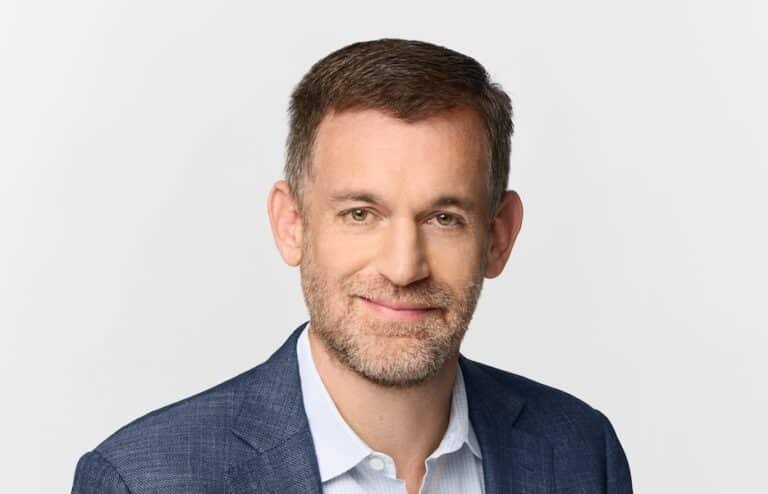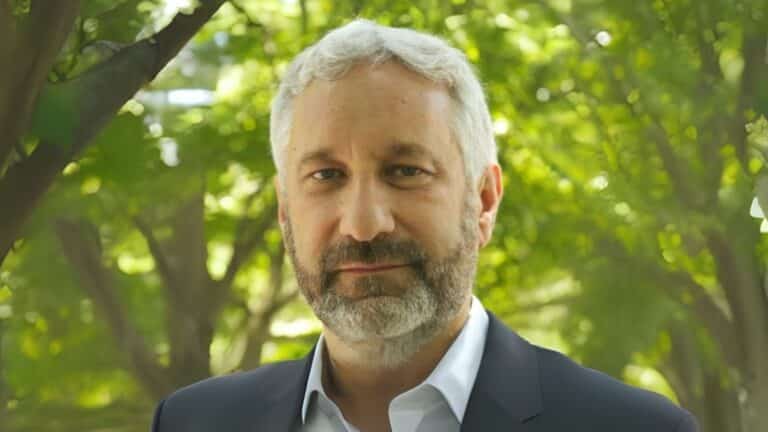A New Unifying Issue: Just About Everyone Hates Data Centers
Recent election results and evidence from states show misgivings about the growth of AI and the ramifications for energy costs and the environment.
Current Access Level “I” – ID Only: CUID holders, alumni, and approved guests only
The Center on Global Energy Policy hosted a panel discussion focused on the geopolitical and global economic implications of the recent oil price drop. Our distinguished group of experts discussed what the decline means for national budgets, internal political stability, currency fluctuations, diplomatic relations, and energy sanctions, among other topics, for key countries like Venezuela, Saudi Arabia, Iran, Nigeria, Russia, Mexico, China and others. Center Director Jason Bordoff moderated the discussion with our panelists: Helima Croft, Managing Director and Chief Commodities Strategist, RBC Capital Markets; Adrian Lajous, Fellow, Center on Global Energy Policy and former CEO, Pemex; Guillermo Mondino, Managing Director and Head of Emerging Markets Economics and Strategy, Citi Research; Dr. Steve Sestanovich, Professor for the Practice of International Diplomacy, Columbia SIPA and former State Department ambassador-at-large for the former Soviet Union; and Jan Stuart, Managing Director and Head of Global Energy Research, Credit Suisse.
Elected officials face huge challenges when it comes to energy policymaking. They have very little time to learn complicated, nuanced issues. They're bombarded by information — some of...

The ten years since the Paris Agreement was signed at the UN Climate Change Conference, COP 21, have been the ten hottest years on record. And the outcome...

Last week, President Trump announced that he was imposing significant new sanctions on Russia. It’s an effort to cut off revenue Russia needs for its war in Ukraine....

Energy has long been used as a weapon. The United Kingdom blocked oil exports to Germany during World War I. Hitler’s fall was due in part to losing...

The energy transition is not inevitable—but neither is business as usual.

As diplomats meet in Brazil for COP30, global resolve to tackle the climate challenge appears badly frayed.

Most African countries today are faced with a dual challenge: how to industrialize and expand electricity access at the same time.

The fashion industry sits at the intersection of climate, energy, and consumption, facing growing pressure to cut emissions, transition to clean energy, and build circular systems across global supply chains.
